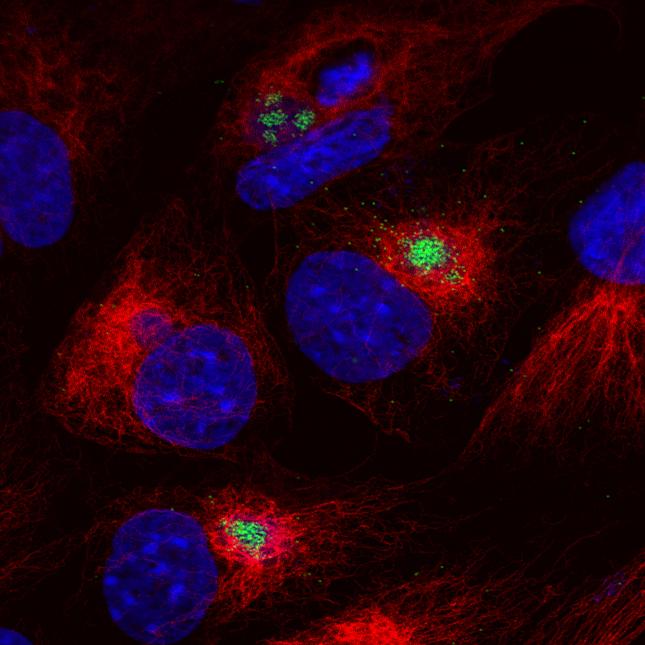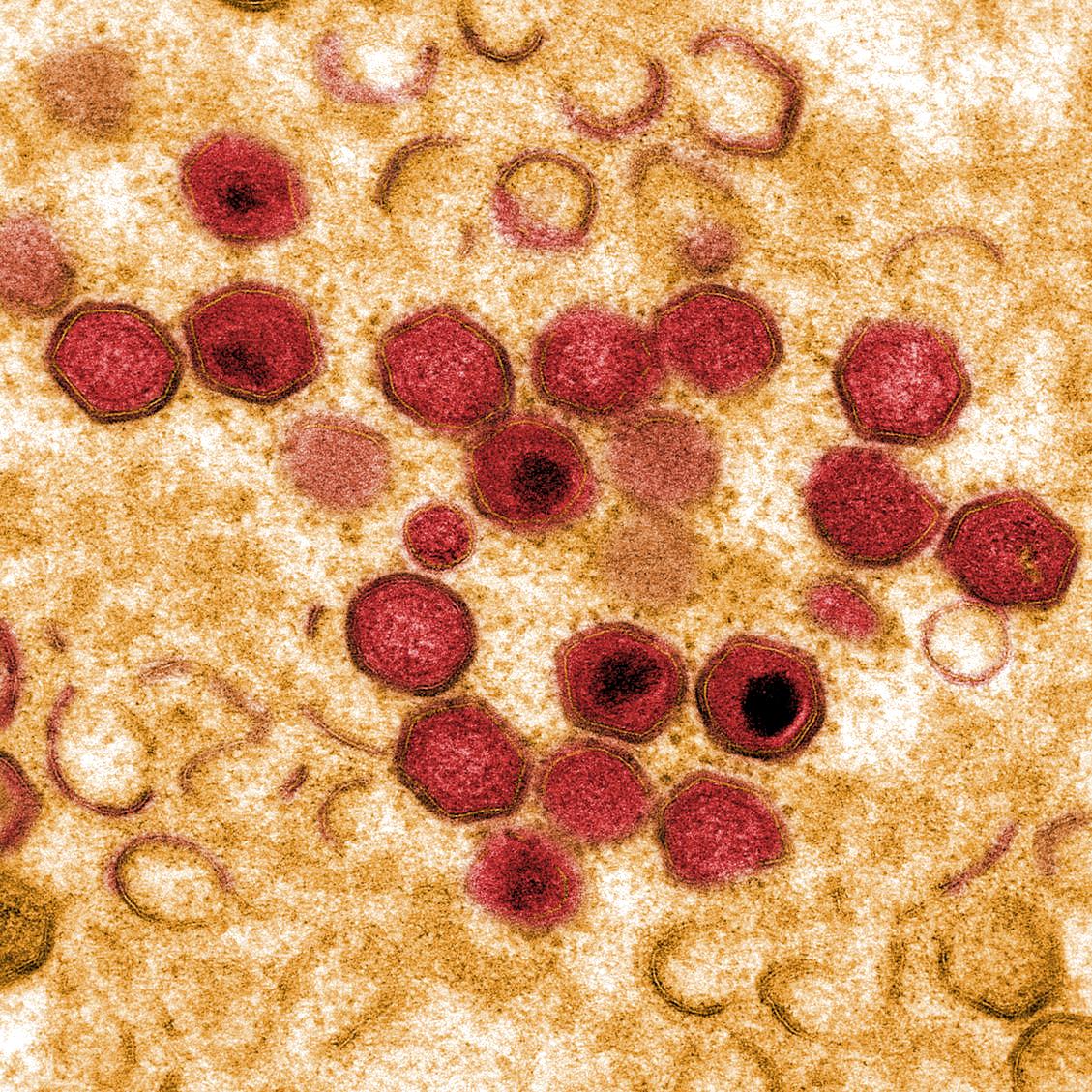The persistence of African swine fever virus in field-infected Ornithodoros erraticus during the ASF endemic period in Portugal
African swine fever (ASF) is an important disease of pigs and outbreaks of ASF have occurred in Europe on multiple occasions. To explore the period for which the European soft tick species Ornithodoros erraticus (Acari: Argasidae) is able to act as a reservoir of African swine fever virus (ASFV) after infected hosts are removed, we collected specimens from farms in the provinces of Alentejo and Algarve in Portugal during the endemic period and tested them subsequently using cell culture and experimental infection. We show that ticks from previously infected farms may contain infectious virus for at least five years and three months after the removal of infectious hosts. Furthermore, in two cases infectious virus was successfully isolated from ticks on restocked farms that had not yet suffered a re-emergence of disease. Experimental transmission to pigs was demonstrated in batches tested up to 380 days after an outbreak. These results clarify the epidemiological role of O. erraticus ticks in the persistence of ASFV in the field, provide additional evidence to support its role in the re-emergence of a sporadic outbreak of ASF in Portugal in 1999 and suggest that the current quarantine legislation and restocking advice when these ticks are present on the pig farm premises is appropriate.
Back to publications

